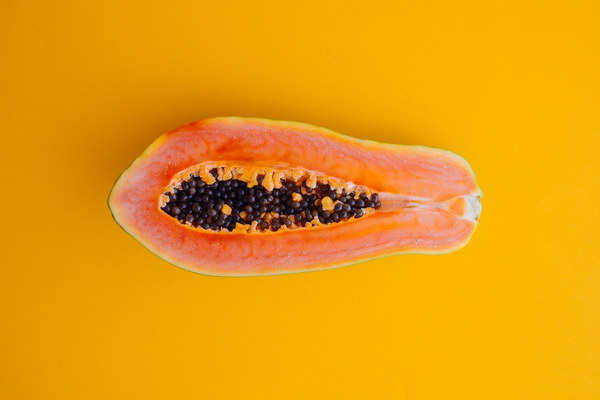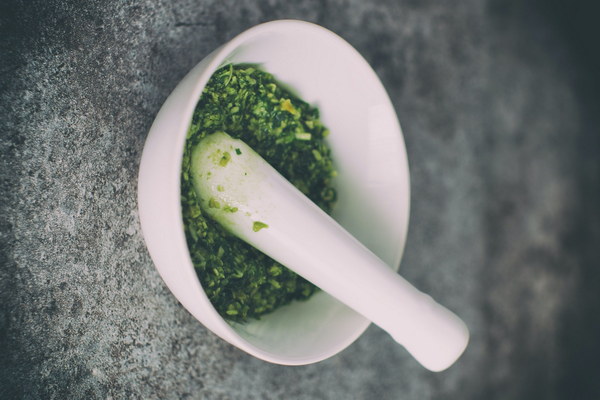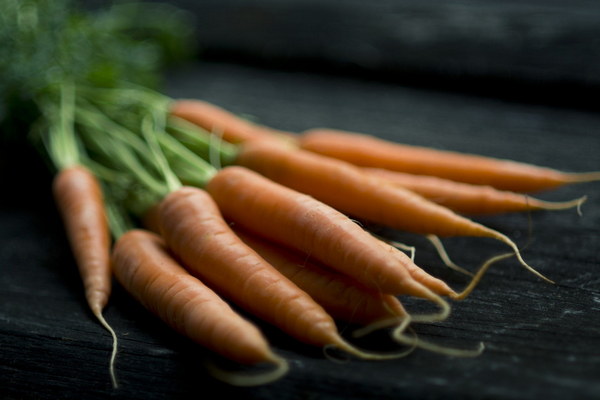Does Stewed Pigeon Nourish the Spleen or Just the Stomach Exploring the Health Benefits of This Traditional Dish
In the realm of traditional Chinese medicine, the consumption of certain foods is believed to have specific health benefits. Stewed pigeon, a popular dish in many Asian cultures, is no exception. The question often arises: does stewed pigeon nourish the spleen, or does it simply aid in stomach health? In this article, we will delve into the health benefits of this traditional dish and shed light on the impact it has on the body's digestive system.

To understand the potential health benefits of stewed pigeon, it is essential to explore the concepts of the spleen and the stomach in traditional Chinese medicine. The spleen and stomach are two organs that play a crucial role in the digestion and absorption of nutrients. The spleen is responsible for transforming food into energy, while the stomach is in charge of breaking down food into smaller molecules.
In traditional Chinese medicine, the spleen is often associated with the function of digestion and the production of blood. A healthy spleen ensures the proper absorption of nutrients from food, thus supporting overall health. Conversely, an imbalanced spleen can lead to various digestive issues, including bloating, fatigue, and a weakened immune system.
Stewed pigeon is believed to have a nourishing effect on the spleen, which can be beneficial for individuals suffering from spleen-related conditions. The dish is made by slow-cooking pigeon meat with herbs and spices, creating a rich, flavorful broth. The pigeon meat itself is considered to be a hot food, meaning it has warming properties that can help stimulate the spleen and improve its function.
One of the key ingredients used in the preparation of stewed pigeon is ginseng, a well-known herb in traditional Chinese medicine. Ginseng is believed to enhance the immune system, boost energy levels, and improve overall vitality. It is also thought to have a calming effect on the spleen, helping to regulate its function and alleviate symptoms of spleen-related disorders.
Moreover, the slow-cooking process of stewed pigeon allows the pigeon meat to become tender and rich in nutrients. The meat is high in protein, which is essential for the production of blood and the maintenance of a healthy immune system. Additionally, pigeon meat contains vitamins and minerals that support the digestive process and promote overall health.
While stewed pigeon is believed to have a positive impact on the spleen, it is also considered beneficial for the stomach. The dish's rich, flavorful broth can help stimulate the stomach's digestive juices, promoting better nutrient absorption and reducing the likelihood of indigestion.
However, it is important to note that the effectiveness of stewed pigeon in nourishing the spleen or aiding the stomach may vary from person to person. Some individuals may experience more pronounced health benefits from consuming this dish, while others may find it has little to no impact on their digestive health.
In conclusion, stewed pigeon is a traditional dish that is believed to have both spleen and stomach-nourishing properties. Its combination of pigeon meat, ginseng, and other herbs and spices creates a nourishing broth that can support the digestive system and promote overall health. While the specific benefits may vary among individuals, incorporating stewed pigeon into a balanced diet may be a valuable addition for those looking to support their spleen and stomach health.
It is always advisable to consult with a healthcare professional or a qualified practitioner of traditional Chinese medicine before making significant changes to your diet, especially if you have pre-existing health conditions or concerns. By doing so, you can ensure that you are making the most informed decisions about your health and well-being.









